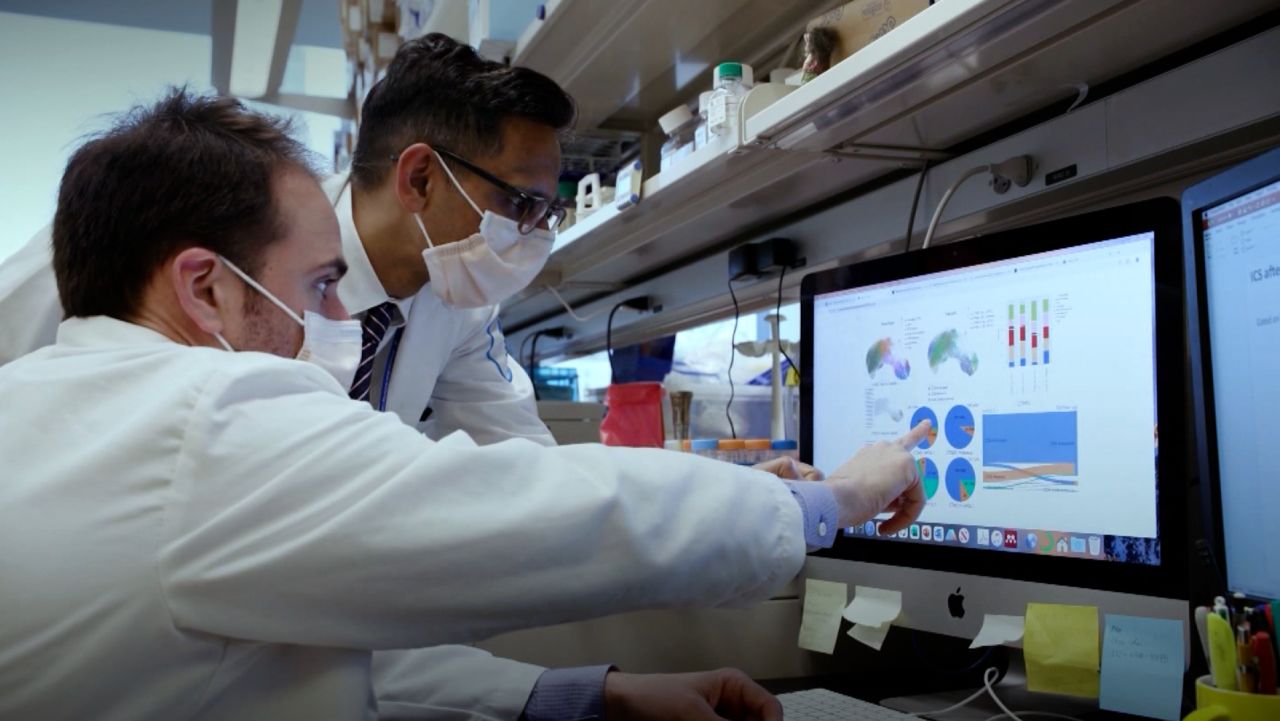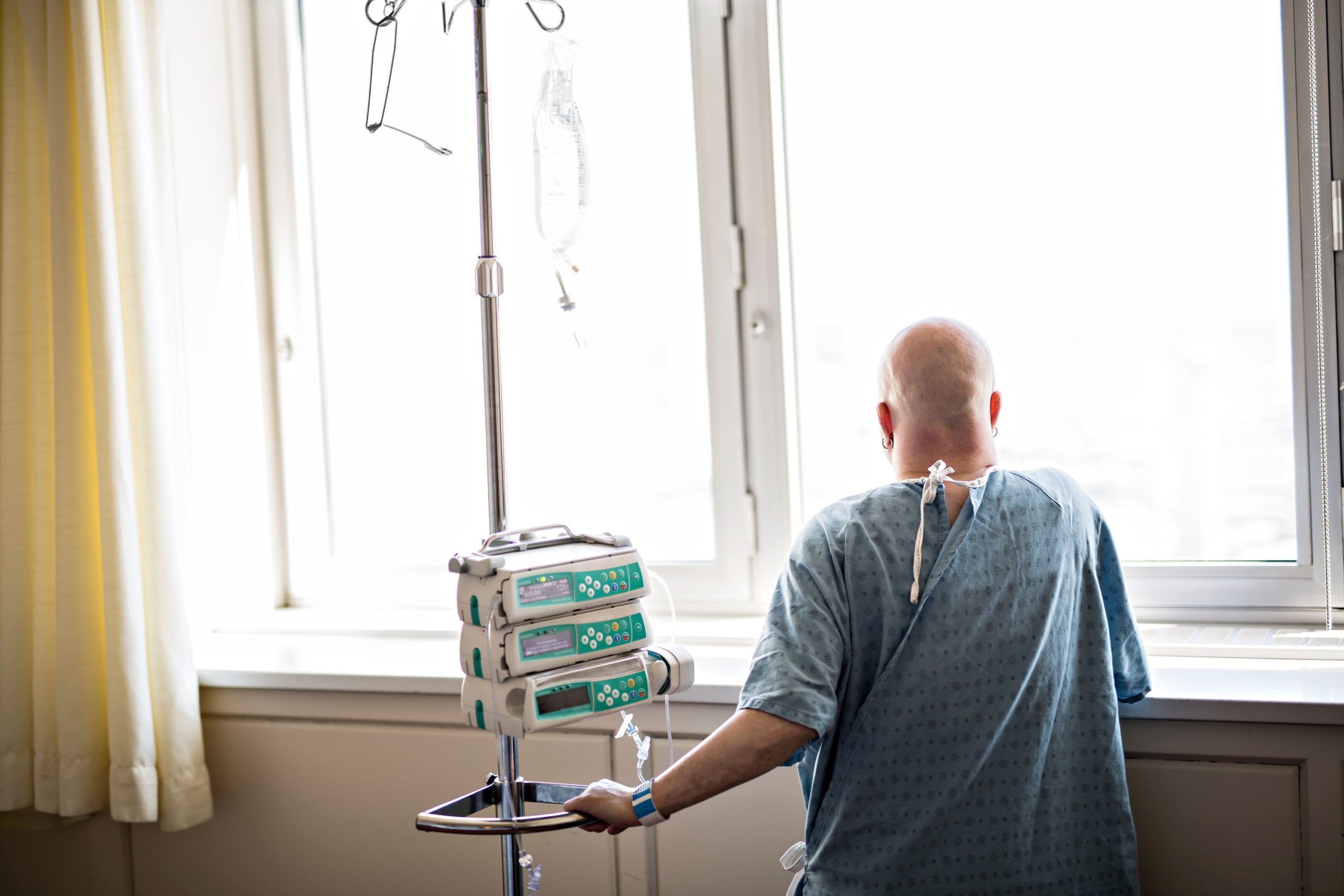A new report from the American Association for Cancer Research reveals that scientific advancements have prevented approximately 4.1 million cancer deaths in the U.S. between 1991 and 2021.
This remarkable progress has led to a 33 percent decrease in the overall cancer death rate, largely attributed to reduced smoking rates and improvements in early detection and treatment methods. Despite these advancements, cancer remains a significant public health challenge.
The report highlights a 24 percent decline in cancer death rates among children and adolescents over the past two decades. However, the increase in cancer diagnoses suggests that while some progress has been made, the battle against cancer is far from over.
The projections for 2024 indicate that over 2 million new cases will be diagnosed, with more than 611,000 expected deaths from the disease, emphasizing the ongoing impact of cancer on the population.

Notably, while overall cancer incidences appear to be stabilizing, specific types of cancer, such as pancreatic and uterine cancers, as well as HPV-associated oral cancers, are on the rise. This trend underscores the uneven nature of advancements in cancer research and treatment.
The report draws attention to the fact that HPV-associated cancers are vaccine-preventable, yet vaccination rates in the U.S. remain disappointingly low, with only 38.6 percent of 9 to 17-year-olds having received at least one dose of the HPV vaccine in 2022.
Moreover, the report raises alarms about increasing cancer incidences among younger adults, particularly colon and breast cancers in individuals under 50. It also emphasizes that around 40 percent of all cancers are linked to modifiable risk factors, including excessive alcohol consumption. In 2019, nearly 5.4 percent of cancers in the U.S. were attributed to alcohol, with early exposure increasing long-term risk.
Despite the clear association between alcohol consumption and various types of cancer—including breast, colorectal, and liver cancers—public awareness remains low. The report advocates for enhanced public messaging and education, such as cancer-specific warning labels on alcoholic beverages, to inform individuals about the risks associated with excessive alcohol intake and to encourage healthier choices.
